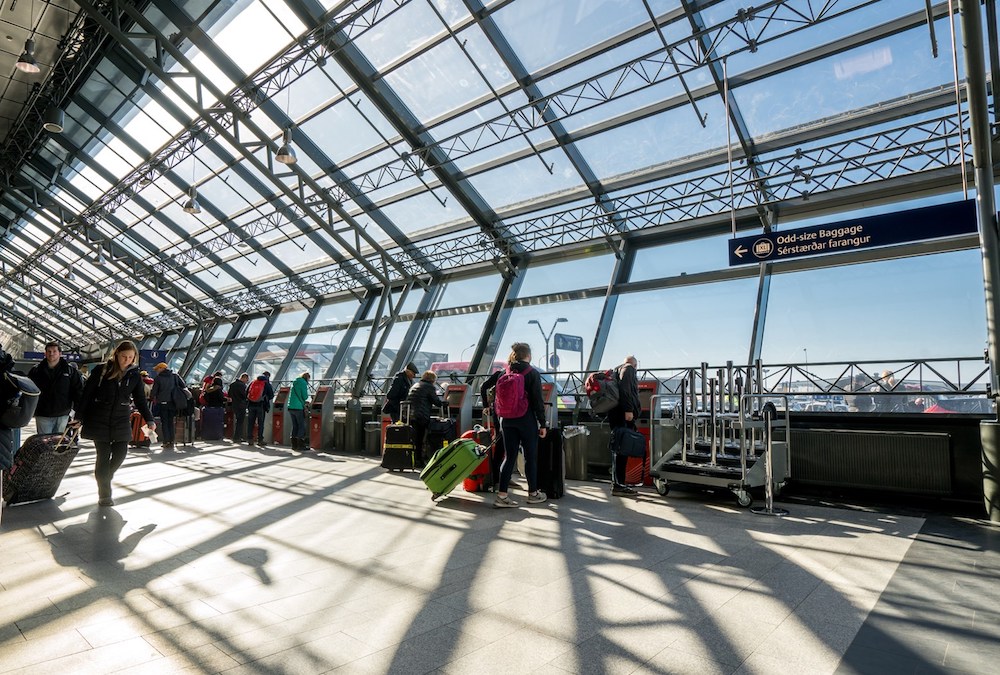Iceland adds travel restrictions, and sees airline job cuts as COVID-19 threat continues
The growing number of travel restrictions has led Icelandair to announce cost-saving measures that will affect its entire workforce.

Iceland continues to take steps to react to the spread of COVID-19 at home and abroad, even as the country reported the first death of one of its residents from the illness on Tuesday.
An expanded travel ban implemented on Friday has now closed off Iceland’s borders to people from most countries. In keeping in line with an order issued by the European Union on March 17, Iceland will temporarily only permit people from countries belonging to the European Economic Area or the European Free Trade area to cross its borders.
Most of the countries, like Iceland, belong to the union’s free-travel zone, and the aim of the EU’s own order was to prevent the spread of COVID-19 in the union by closing its external borders and restricting free movement to the union’s residents.
[Visitors to Iceland are exempt from the country’s self-quarantine requirement]
Residents of other countries will be permitted to enter Iceland only if they can demonstrate they have “urgent business” there, the government stated in an announcement on Friday.
The ban will be in place until at least April 17, and came into effect a day after health officials said a self-quarantine order for arrivals from abroad would only apply to residents.
Travellers had been exempted from the requirement in order to protect the tourism industry. The government, however, admitted the tourism had already been severely impacted by the wave of cancellations stemming from fears of contracting COVID-19, and travel restrictions imposed by other countries with the aim of checking its spread.
Guðlaugur Þór Þórðarson, the foreign minister, suggested yesterday that further travel restrictions, in the form of a complete border closure, could be in place by the end of this month.
[What the Arctic reveals about coronavirus]
Writing on Facebook, Þórðarson, told all Icelanders to return home before the country’s borders were closed.
The growing number of travel restrictions, and the prospect that more may follow, have “significantly affected” the operations of Icelandair, the nation’s flag carrier, and led to a decision to fire 240 employees and move 92 percent of its remaining staff of 4,500 to part-time status. Employees retaining full time status, including managers and executives, will have their pay temporarily cut by between 20 percent and 30 percent.
The moves come as Icelandair has reduced its number of flights to 14 percent of planned departures, a number it expects to be reduced further in the weeks to come. The decline, it said, had affected all areas of the firm’s operations, including international, regional and domestic flights, and hotel operations.
“We are living in unprecedented times where a global pandemic has significantly impacted international travel,” Bogi Nils Bogason, the Icelandair Group president and chief executive, said in a statement. “Our priority is to secure robust operations of Icelandair Group for the future. The measures we announced today are difficult but necessary to mitigate the impact of the situation on the company’s operations and cash flow.”